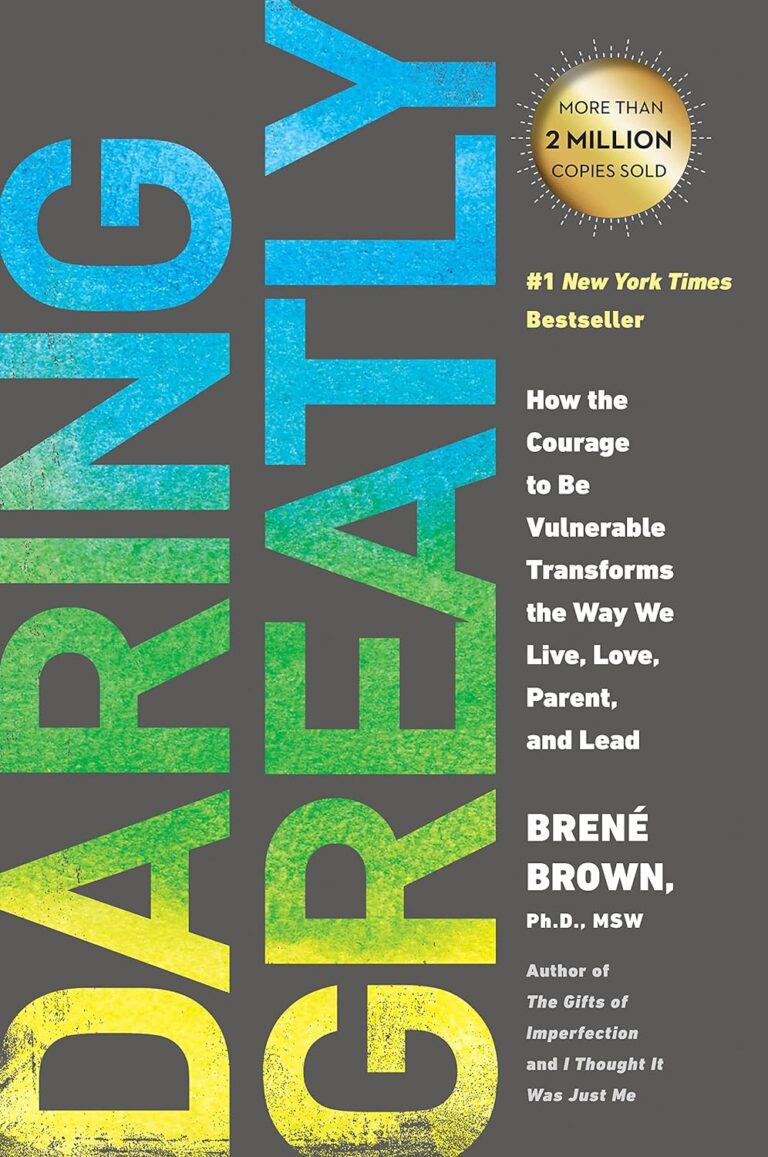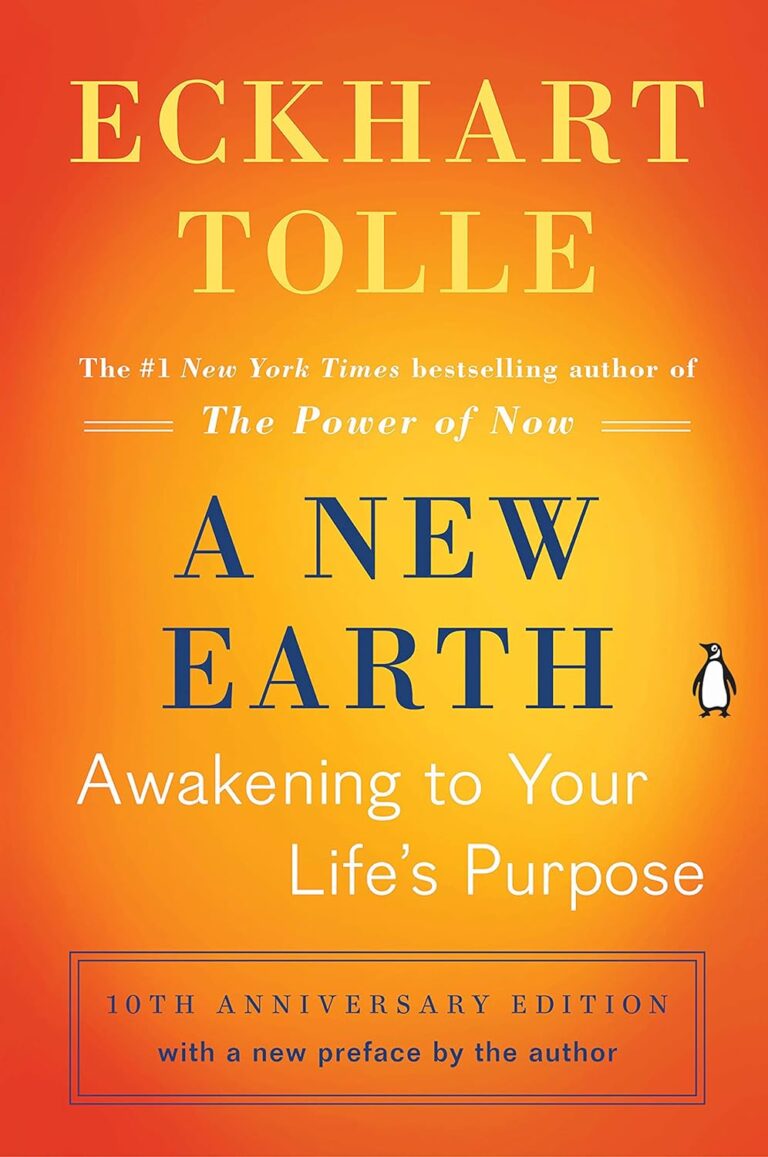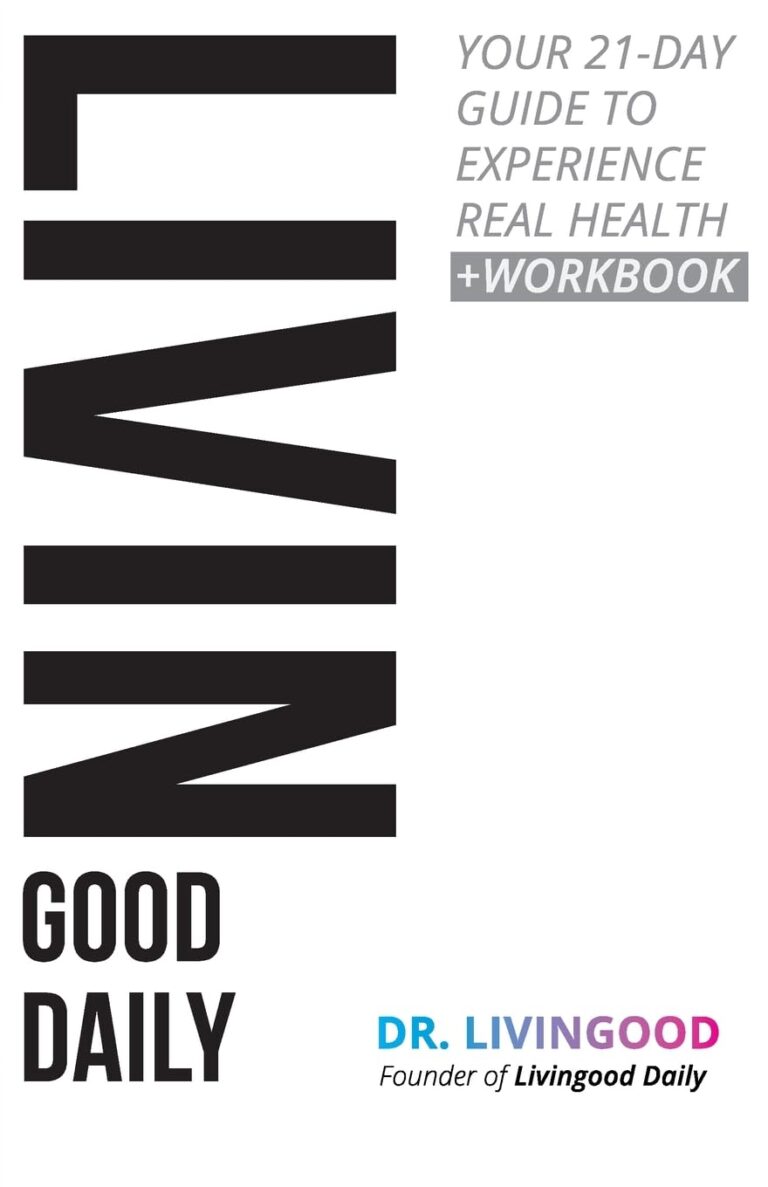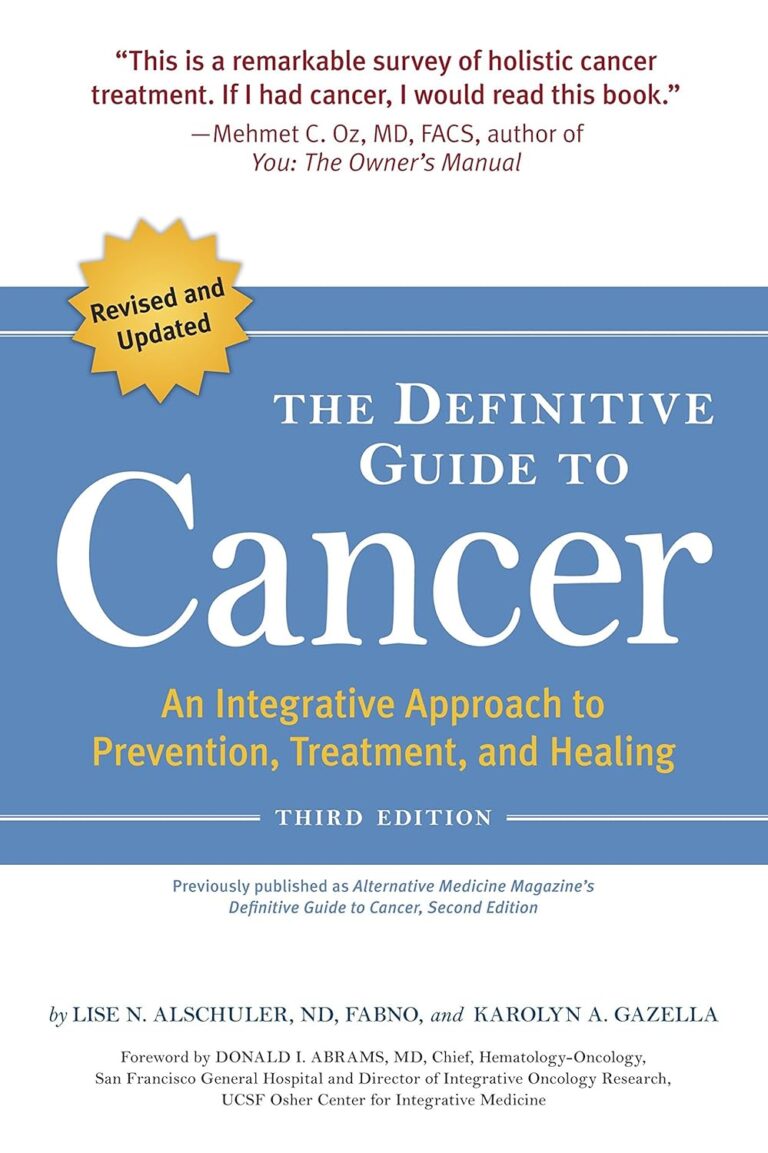
The term ‘Adolescents and Young Adults’ (AYA) is increasingly being used in healthcare and developmental studies to refer to a unique age group with distinct health needs. As societies develop and the complexities of life increase, there is a greater need for specialized attention and care for this population cohort. While there are some variations in defining the age range according to different regions and cultures, it is generally accepted to include teenagers and young adults transitioning into adulthood.
This article will provide an understanding of the term AYA, discuss the unique health needs and challenges this group faces, and explore the transformative role of healthcare in their lives. Let’s dive into it.
Definition of Adolescents and Young Adults (AYA)
The Age Group Defined by WHO
According to the World Health Organization (WHO), ‘adolescents’ describes those in the 10-19 age group, while ‘young adults’ refers to individuals aged 20-24. However, more broadly, the AYA population often includes those aged 15-25, acknowledging the transitional aspect of this phase of life.
Perspectives from Different Regions
While the WHO definition provides a global perspective, interpretations can sometimes vary across different cultures and societies. For instance, in some Asian contexts, the age of young adulthood may extend to late twenties due to the extended education and later entry into the workforce. The circumstances and cultural norms of a region distinctly shape the life stages and thus influence defining age sets.
Adolescents and Young Adults (AYA) in Health Context
The Unique Health Needs of AYA
AYAs have unique health needs, primarily because they are at a critical stage of physical, mental, and socio-emotional development. It is a time of rapid growth, identity formation, and lifestyle experimentation. AYAs need guidance on nutrition, physical activity, sexual and reproductive health, mental health, and substance use prevention. They also require support to develop positive coping skills and resilience for life’s challenges.
The Common Health Challenges seen in AYA
The health challenges AYAs face include both physical and mental health issues. Concerns like obesity, diabetes, and sexually transmitted infections are increasingly impacting this age group. Also, mental health problems, including depression, anxiety, and drug addiction, are alarmingly prevalent. These realities emphasize the need for age-appropriate health services and prevention strategies tailored to AYAs.
The Role of Healthcare in Adolescents and Young Adults (AYA) Lives
Importance of Regular Health Check-Ups
Regular health check-ups play a crucial role in maintaining and improving the health of AYAs. Detecting and managing potential health problems early on can prevent severe issues in the future. Regular screenings and vaccinations, a balanced diet, physical exercise, sufficient sleep – All these areas must be covered in routine health check-ups for AYAs.
Mental Health Awareness and Support for AYA
The mental and emotional well-being of AYAs is a critical aspect of their overall health. Rising stress levels, challenges with self-identity, peer pressure, and adapting to societal norms make AYAs more susceptible to mental health disorders. Therefore, professionals need to equip AYAs with the tools they need to maintain good mental health, helping them build resilience and coping mechanisms.
Get to know us better
If you are reading this, you are in the right place – we do not care who you are and what you do, press the button and follow discussions live

Current Trends in AYA Healthcare
The Transformation of Healthcare for AYA
AYA healthcare is rapidly transforming thanks to advances in medical research, technology, and a better understanding of the group’s unique health needs. There is a global movement towards creating safe, youth-friendly healthcare spaces where AYAs feel comfortable seeking help and advice. Additionally, healthcare providers receive training to better communicate and understand AYAs.
Innovations and Solutions in AYA Healthcare
From the advent of telemedicine and digital health platforms to the design of AYA-focused health interventions and wellness programs, innovations are shaping the future of AYA healthcare. Social media campaigns, gamified health education, wellness apps, and online counselling services are some of the exciting developments making healthcare more accessible and appealing to AYAs.
Conclusion
The Future of AYA Health
The future of AYA health looks optimistic as we begin to acknowledge and address the unique needs and challenges of this demographic. By developing responsive, youth-friendly healthcare systems, we can ensure that AYAs are equipped to lead healthy, fulfilling lives. As we continue to innovate and transform health services, it’s crucial to keep AYAs at the heart of these developments, involving them in creating solutions that truly meet their needs.
FAQs
1. Who are considered Adolescents and Young Adults (AYA)?
Adolescents and Young Adults (AYA) are individuals in their teenage years and early adulthood, typically within the age range of 15-25. However, definitions can vary, with the World Health Organization defining adolescents as those aged 10-19 and young adults as those between 20-24.
2. What unique health needs are present in AYAs?
AYAs are at a crucial stage of physical, mental, and emotional development, thus requiring distinct healthcare focus. Among their unique needs are guidance on nutrition, physical activity, sexual and reproductive health, mental health, and substance use prevention.
3. Why is mental health significant in the context of AYA healthcare?
The AYA phase is a time of significant mental and emotional development and change, making mental health a key concern. Stress, identity exploration, peer pressure, and societal expectations can make AYAs more susceptible to mental health disorders, so providing support and tools to maintain emotional well-being is vital.
4. How are the healthcare needs of AYA different from other age groups?
The healthcare needs of AYAs differ from other age groups due to the unique development and growth they experience during adolescence and early adulthood. The need for age-appropriate health services and prevention strategies also makes their healthcare requirements distinctive.
5. What changes or transformations are being seen in AYA healthcare in recent years?
Recent years have seen significant advancements in AYA healthcare, largely driven by research, technological innovations, and a greater understanding of AYA’s needs. There is a global move towards creating youth-friendly healthcare spaces, and advances like telemedicine, digital health platforms, and AYA-tailored interventions are shaping the future of AYA healthcare.

















Comments
Thank you. Comment sent for approval.
Something is wrong, try again later